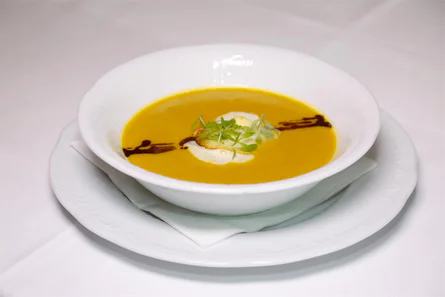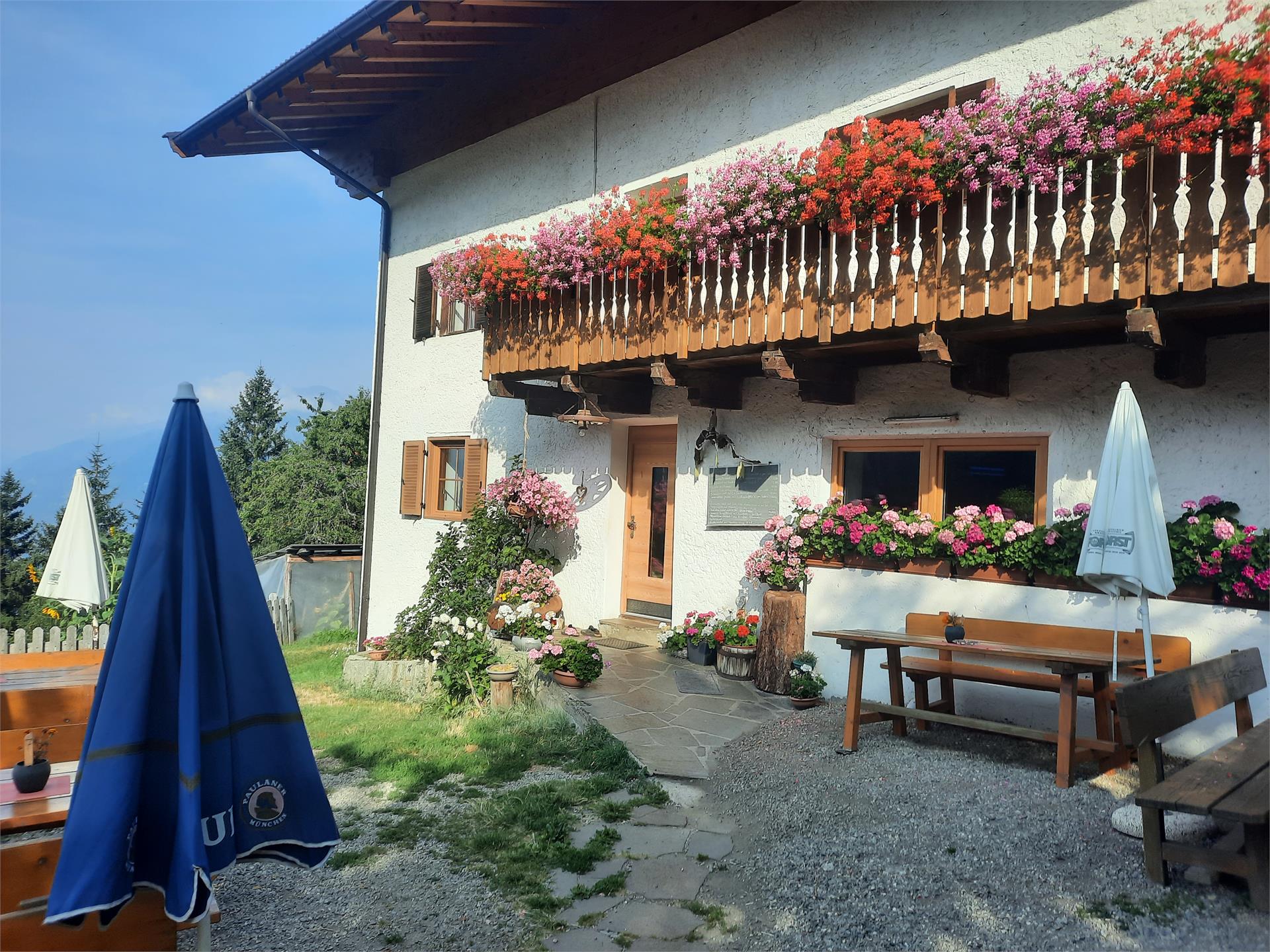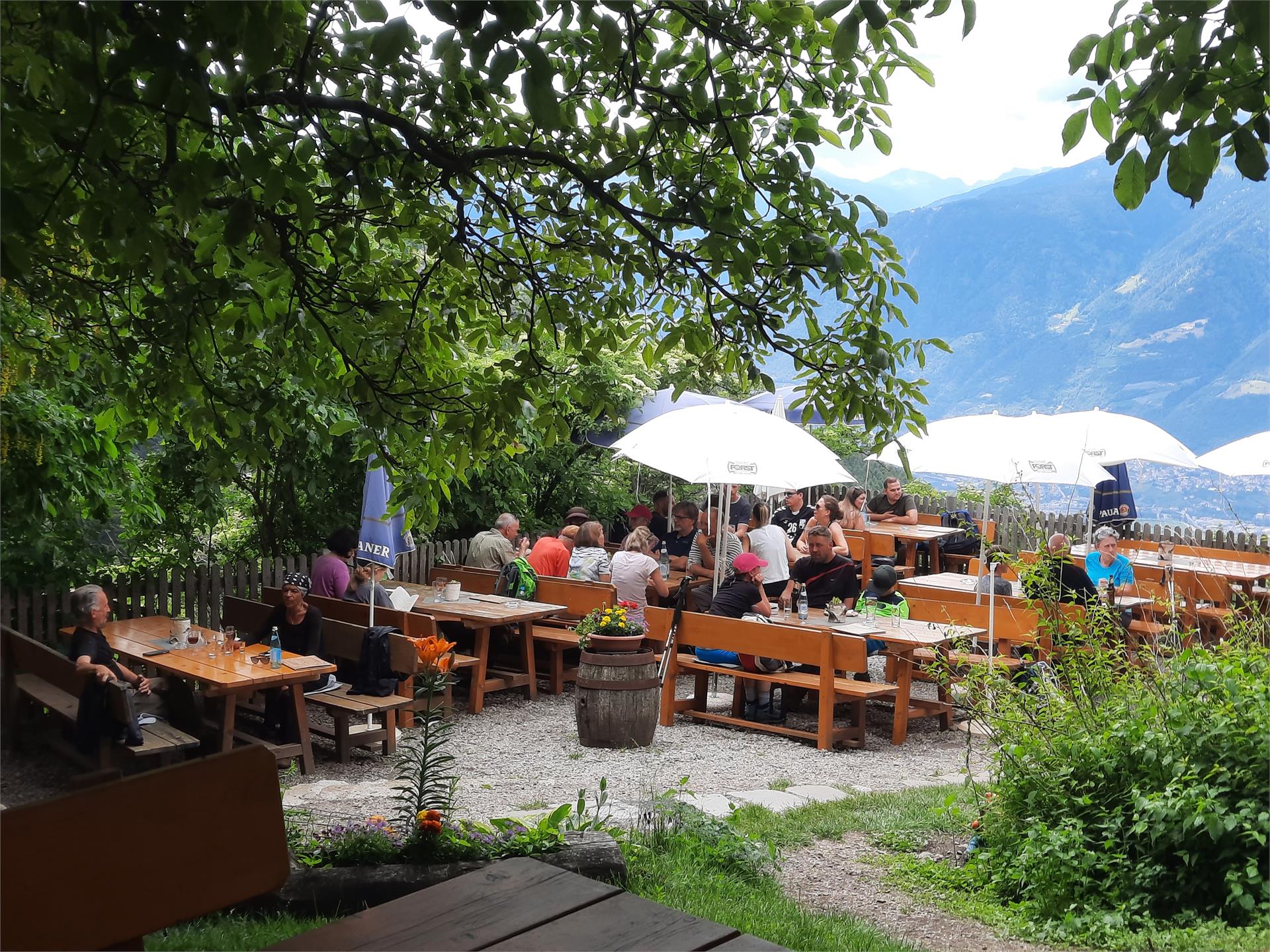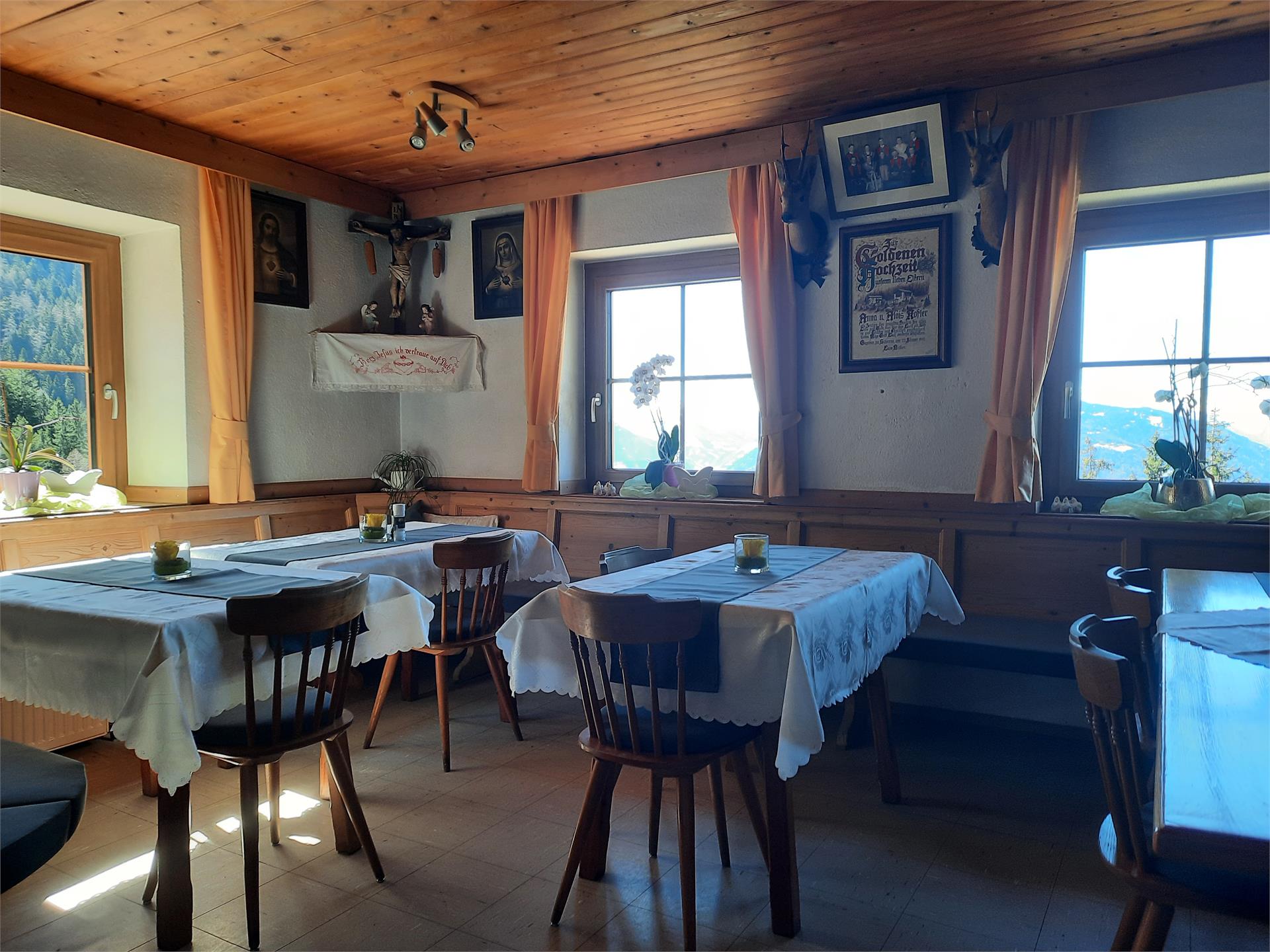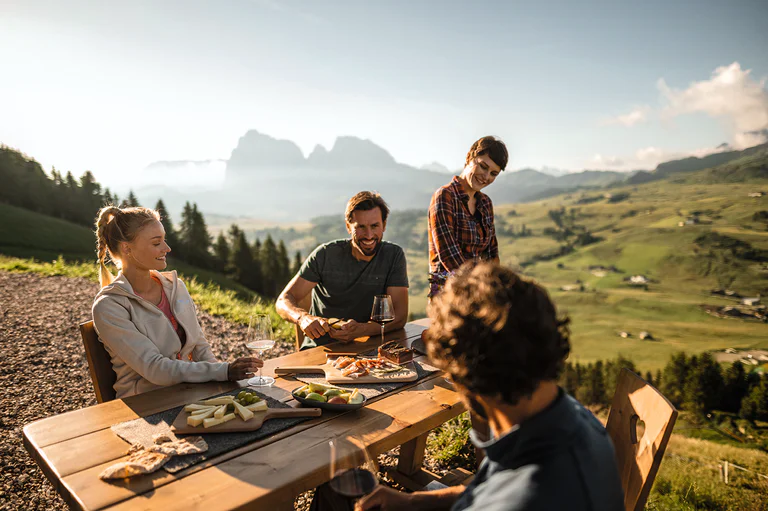Winery Eichenstein
Meran/Merano, Meran/Merano and environs
The winegrowing tradition of a family being older than that of the estate winery itself is rare, but that is the case with the Waldner family. The family has been growing grapes in Marlengo for 350 years, but it was only in 2007 that Josef Waldner built the Eichenstein Estate Winery in Merano, to which its own winery, a wine bar, and a guest chalet were added step by step.
The vineyards of the Eichenstein Estate Winery lie in Montefranco above Merano at an elevation of 550 to 600 meters. “The interplay between microclimate, terrain, geology, and soil composition is extraordinary at Eichenstein,” Waldner explains. In concrete terms, that means that the estate winery’s grapevines grow on porphyry-quartzite and granite soils, in a Mediterranean climate, and on an Alpine landscape.
Added to these natural conditions is the know-how of the experienced winegrower, who focuses on a consistent quality policy, harvesting by hand, and vinification that is adapted to each grape variety. Thus the white wine grapes are pressed gently, fermented in stainless steel or wood, and the new wine is kept on the yeast for several months. The red wine grapes, on the other hand, are kept in maceration vats for around three weeks in contact with the skins, and only after the completion of the alcoholic fermentation are the red wines placed in small oak casks for biological malolactic fermentation, where they are aged for an additional twelve months. “Our selections age for up to two years in the winery before they are put up for sale,” Waldner explains.
The results are authentic wines filled with character which, as the winegrower says, “remain in the memory”. “The soul of our wines,” Waldner says, “has to move the drinker.”









